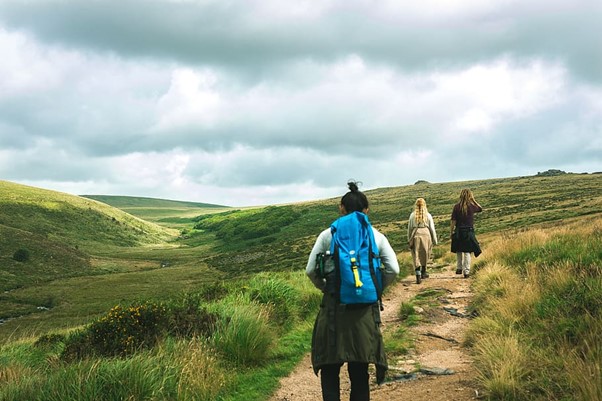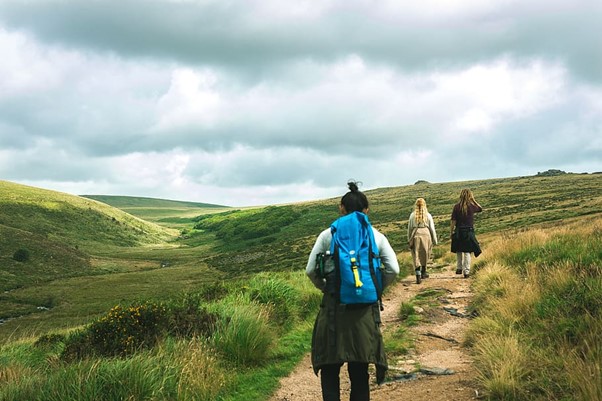We are at a critical moment for Britain’s landscape. The countryside faces huge challenges from climate change, Brexit and development pressures. But these challenges also provide an opportunity to rethink and potentially democratise decision-making processes so that they are more inclusive and responsive to a wider range of needs. This is the key aim of our network Changing Landscapes, Changing Lives, which seeks to broaden and deepen our understanding of the roles landscape can play in people’s lives, in order to inform better decision-making, both directly by landowners and managers and indirectly through the planning system.

Our approach is historical – we look back at the way people related to landscape in the past to reconceptualise landscape history in terms of how people experienced the land, rather than focusing on the policy framework or on how landscape has been represented. Among our partners are several of the UK’s leading conservation and land management organisations including the National Trust, the Campaign for the Protection of Rural England and National Parks England.
The network’s core activity is exchanging and developing research perspectives, both between scholars and with our partner organisations, and communicating this to the wider public. A key theme that is emerging is that an experiential approach to landscape history can play a critical role in making countryside access more diverse and inclusive.
All landscapes have multiple histories but the diversity of these histories is rarely acknowledged in the way landscapes are represented and interpreted. A good example, as Professor Corinne Fowler demonstrates, is the dependence of many country house estates on the profits of slave plantations in the West Indies. Similarly, Maxwell Ayamba from the Sheffield Environmental Network has shown how the lack of an acknowledged historical connection to rural landscapes has acted as a barrier for the groups and individuals he works with. An experience-focused approach, especially one that foregrounds previously suppressed histories, can do much to open up landscapes so that they become, in the words of network member Owain Jones, ‘as rich, varied, and mutable as possible, teeming with affective possibilities; messy, makeshift, always on the brink of other possibilities’.
Our blog develops this theme further, including pieces on the experiences of People of Colour, walkers during the pandemic, children and small farmers, and on the powerful affective significance local landscape features can have. The network’s fourth symposium, due to take place at the Museum of English Rural Life in May, will feature distinguished landscape photographer and network member Ingrid Pollard who asks how landscapes can become welcoming to all, and prompts us to reflect on what would have to change for them to do so.
Jeremy Burchardt is a rural historian concerned with the significance of rural land and landscapes in people’s lives, the relationship between experiences and representations of the countryside and the cultural history of ruralist ideologies such as that underpinning the rural community movement.
The Changing Landscapes, Changing Lives research network is part of the AHRC/UKRI-funded Landscape Decisions programme. Recent and forthcoming publications by network members include an article by Paul Readman recovering the central significance of walking for early antiquarians and historians in Britain, Matthew Kelly’s The Women Who Saved the English Countryside (Yale, April 2022) and my own Lifescapes: The Experience of Landscape in Britain, 1870-1960 (CUP, late 2022).

